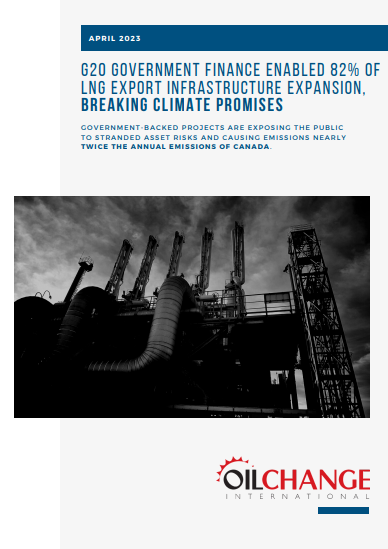
Big Oil Reality Check 2023 — An Assessment of TotalEnergies, Eni, and Equinor’s Climate Plans
These briefings reveal that Total, Eni, and Equinor are on the cusp of approving a surge of new oil and gas development. If they proceed with all the projects in their anticipated pipeline for 2023, Eni could rank as the world’s third worst oil and gas expander this year and Equinor as the world’s eighth worst by the total volume of new reserves approved for extraction.









